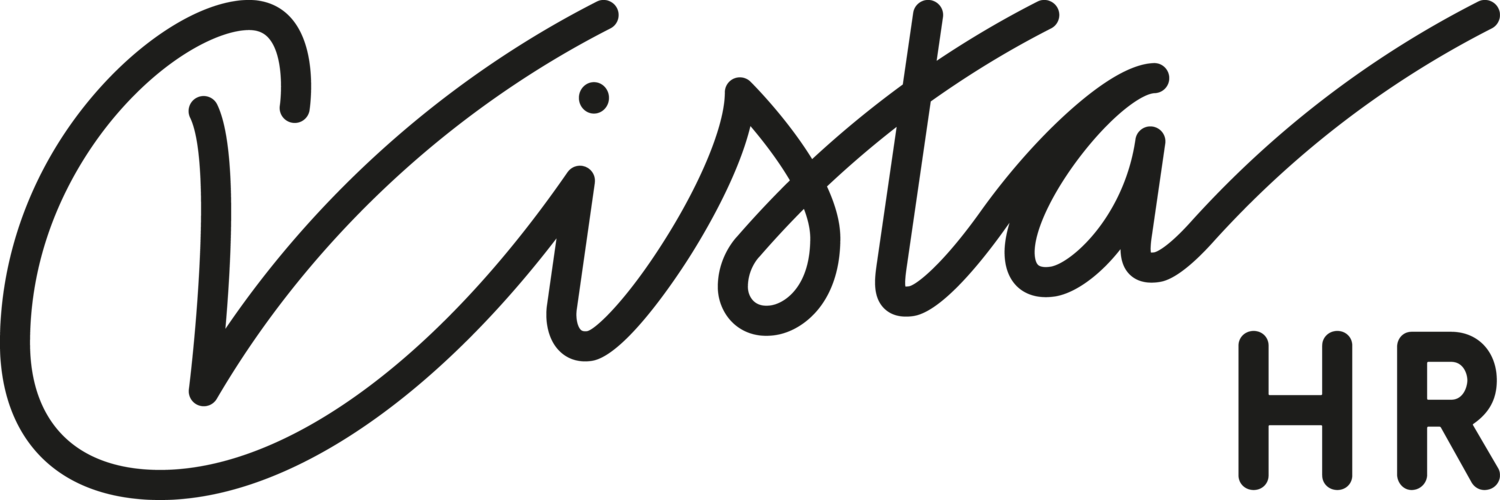It is no secret that there are some common traits in valuable employees that managers and employers sift out. Putting aside education and experience, today's workforce forces us to concentrate on who exactly is working for the company. The personality of the employee becomes more important than their skills, as employees with key qualities will be able to lead, motivate and add value to the company as a whole.
Thus, it is not just important to invest in handy work skills, but also intangible attributes, or also known as “soft skills”. In order to elevate an individual’s worth to the companies and employers, here are some of the soft workplace traits that have become necessary to actively practice.
PATIENCE
Being patience without provocation will pay off, especially when displayed under the right conditions. It is a virtue that is linked to happiness and wisdom, as only with patience, can the other two be sustained and achieved. In order for success to happen, tasks and problems will have to be dealt with effectively and tolerantly, instead of rushing through them. Patience allows this as it encourages an individual to take time to consider the work, and complete them in a calm and logical manner. This is the difference between the employee who finishes fast, but badly, and one who finishes later, but correctly.
PERSEVERANCE
Another important trait is how determined the employee shows himself/herself to be when faced with challenges or tedious orders. Personal tenacity reveals how reliable and responsible the individual truly is, and gives the company a sense of the person’s overall staying power. Being fickle-minded rarely wins points. In order for upper management to consider assigning more duties or a higher position, first they have to be clear about the individual’s resolution to see the job through.
PROACTIVE
Having passion and enthusiasm for work is refreshing, especially if it benefits the company overall. Top employees show a dedicated nature towards their work, and this allows them to be extremely invested in the quality of their tasks. It means that they are not only happy to work, but also willing to go the extra mile to make sure the job is done right. It brings about job satisfaction and can boost the overall work morale, allowing them to be key candidates for leadership roles in the company.

